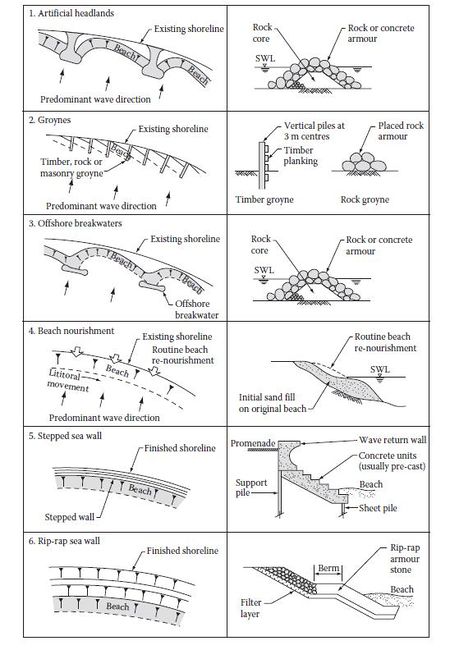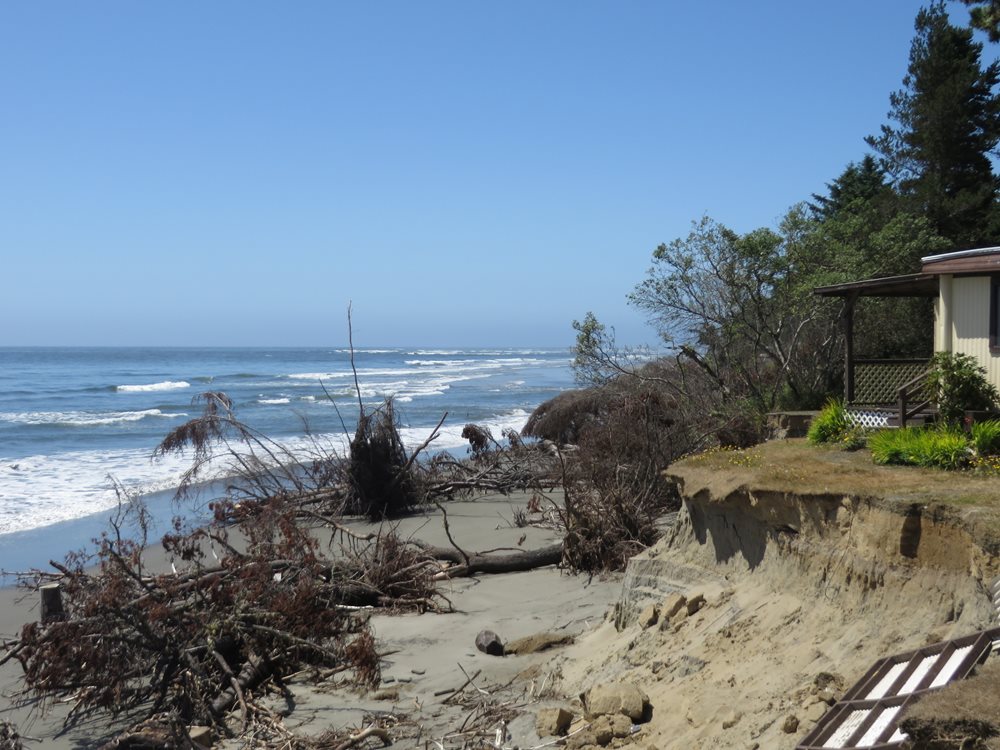The Basic Principles Of Shore Protect Team
Table of Contents7 Simple Techniques For Shore Protect TeamNot known Details About Shore Protect Team The Of Shore Protect TeamThe Greatest Guide To Shore Protect TeamIndicators on Shore Protect Team You Should KnowWhat Does Shore Protect Team Mean?8 Simple Techniques For Shore Protect Team
Decline in property value: As the location tourist is impacted by erosion, so after that is the economic climate. Buyers are less likely to browse for a beach home that might be destroyed anytime by the impending flooding and erosion emergency situation. Subsequently, residential property value can drop tremendously and influence the entire region.Whether a beach is simply small and congested or needs to close completely for the safety and security of the ecosystem and close-by properties, this considerably impacts tourist. Subsequently, regional economic climates are impacted (https://dzone.com/users/5419023/shrprtcttm.html). Risk of injury: The raised danger of flooding and architectural failures causes a boosted threat of injury to nearby tourists and community members

is home to even more than 84,240 miles of coastline with 41% of it subjected to the open sea. Coastal engineers supervise of safeguarding the shore versus modifications by minimizing the detrimental influences of both all-natural and manufactured incidents. Coastline stablizing is directly pertaining to their work. Waterfront resorts: Due to the fact that coastline erosion influences tourist, it impacts the success of waterfront hotels.
Getting My Shore Protect Team To Work
Coastal business services: No visitors indicates no service. Coastal state parks: State parks that exist along shorelines are at threat of damages.
Tough stablizing uses manufactured frameworks as defense to control disintegration. Many kinds of tough stabilization like seawalls and sheet metal are not ideal for shoreline stablizing.
The Single Strategy To Use For Shore Protect Team
There's additionally insufficient proof of their performance depending on the type of shoreline and regional problems. Difficult stablizing techniques have a tendency to be harder to mount and do not match the all-natural visual, sticking out like a sore thumb and harming local ecosystems in numerous scenarios. Coastline sustenance is the procedure of adding shed sand and sediment back to beaches after erosion has actually occurred.
TrapBags aid in the process of coastline nutrients by safeguarding natural ecosystems and permitting plants to grow. While this process can be expensive and is not long-term, the pros often tend to exceed the cons. TrapBag obstacles offer several properties that make them suitable for seaside and shore erosion security. They're: Eco-friendly: You can make use of native soil both to surround and to fill the TrapBags.

An Unbiased View of Shore Protect Team
They can also be mounted without any heavy machinery. Cost effective: TrapBags are suitable for both small and huge areas of coastline.
Integrated with a high construction price, this has actually brought about boosting use various other soft engineering seaside management choices such as coastline replenishment. Seawalls are built from different products, the majority of generally strengthened concrete, boulders, steel, or gabions. Other feasible building materials consist of vinyl, timber, light weight aluminum, fiberglass composite, and naturally degradable sandbags constructed from hemp and coir. The appropriate seawall layout relies upon location-specific aspects, including surrounding disintegration procedures. There are 3 main sorts of seawalls: upright, rounded, tipped, and piles (see table below). A report published by the United Nations Atmosphere Program (UNEP) recommends that the tsunami of 26 December 2004 caused less damage in the areas where all-natural obstacles existed, such as mangroves, coral reefs or coastal plants.
All-natural barriers, such as coral reefs and mangrove woodlands, stop the spread of tsunamis and the flow of coastal waters and mitigated the flood and surge of water. A cost-benefit method is an effective way to figure out whether a seawall is ideal and whether the benefits deserve the expenditure.
Shore Protect Team Things To Know Before You Buy
A seawall is a static feature which can contrast with the vibrant nature of the coastline and hamper the exchange of sediment in between land and sea. The table listed below summarizes some positive and negative results of seawalls which can be used when comparing their effectiveness with other coastal monitoring choices, such as beach nourishment. [] Benefits and negative aspects of seawalls according to Short (1999) Advantages Disadvantages Long-term service in comparison to soft beach nourishment.

This can cause coastlines to dissipate, making them useless for coastline goers. Normally, seawalls can be a successful means to control coastal erosion, however only if they are built well and out of materials that can stand up to the force of recurring wave power. Some understanding is needed of the seaside procedures and morphodynamics particular to the seawall place.
About Shore Protect Team
The proper seawall design counts on location-specific aspects, including bordering erosion processes. There are three primary kinds of seawalls: vertical, curved, stepped, and piles (see table listed below). A report published by the United Nations Environment Programme (UNEP) recommends that the tsunami of 26 December 2004 triggered much less damages in the locations where all-natural obstacles were existing, such as mangroves, reef or seaside plants.
Natural obstacles, such as reef and mangrove woodlands, avoid the spread of tsunamis and the circulation of seaside waters and reduced the flood and surge of water. A cost-benefit approach is a reliable way to establish whether a seawall is ideal and whether the benefits deserve the expenditure.
The 10-Second Trick For Shore Protect Team
A seawall is a static attribute which can contrast with the vibrant nature of the shore and hamper the exchange of debris between land and sea. Advantages and drawbacks of seawalls according to Short (1999) Advantages Disadvantages Lengthy term remedy in comparison to soft beach nutrients.

This can create beaches to dissipate, providing them pointless for coastline goers. Typically, seawalls can be a successful way to regulate coastal erosion, yet only if they are constructed well and out of products that can endure the pressure of ongoing wave power.